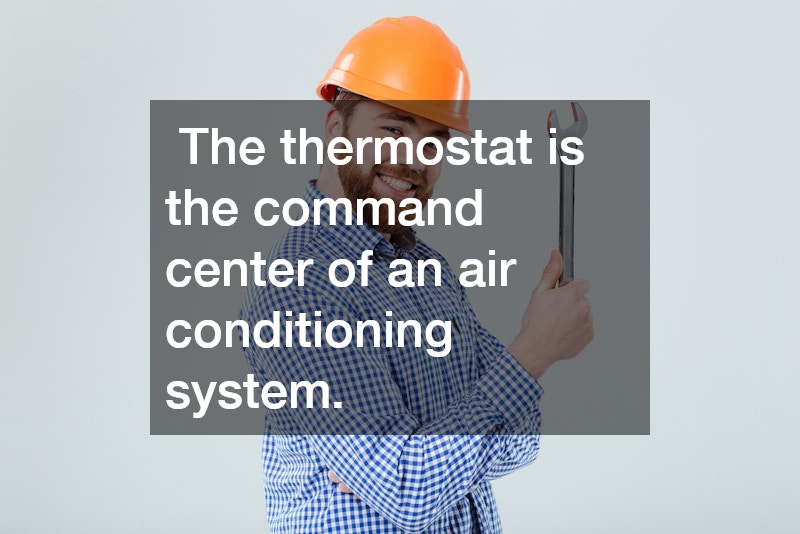Air conditioning operates on a simple principle of heat transfer, where heat is extracted from inside your home and moved outside. This process occurs within the AC system’s three key components: the evaporator, the compressor, and the condenser. Essentially, your AC system functions like a refrigerator, implementing the same type of coolant or refrigerant to absorb heat. A significant part of air conditioning service includes maintaining these components to ensure efficient operation and longevity.
Refrigerant plays a crucial role in the cooling process. It dynamically changes state between liquid and gas, allowing it to absorb and release heat effectively.
Initially, the refrigerant absorbs warm air within the home through the evaporator coils and turns this heat into vapor. The now gaseous refrigerant is then pressurized by the compressor, raising its temperature and pressure before it’s directed to the condenser. Without regular air conditioning service, dust and debris can affect the efficiency of these heat exchange processes.
The condenser, located outside the home, expels the absorbed heat into the surrounding atmosphere. At this stage, the refrigerant returns to a liquid state, releasing the captured heat and concluding the cycle. This ongoing cycle of evaporation and condensation ultimately results in a cooler indoor environment. Properly functioning AC systems provide comfort by maintaining set temperatures, especially during sweltering summers. To keep them in peak condition, homeowners should schedule routine air conditioning service checks.
The Role of the Thermostat
The thermostat is the command center of an air conditioning system. It senses the current room temperature and signals your AC system to switch on or off to maintain your desired comfort level. When temperatures rise, the thermostat detects this change and prompts a cooling cycle. When correctly calibrated, it ensures energy efficiency and comfort, two main goals of an effective air conditioning service.
Advanced thermostats offer programmable features, letting you specify different temperatures for various times of the day. Utilization of these features helps in energy conservation by minimizing consumption during hours when cooling is unnecessary. Wireless thermostats further enhance convenience as they can be accessed remotely via smartphones. This technological advancement ensures users remain in command of their indoor climate, demonstrating the importance of modern air conditioning service.
Even with advanced technology, thermostat placement remains key. Its location can significantly impact the efficiency of your cooling system. Placing it away from direct sunlight, drafts, or any heat-generating appliances will result in more accurate readings and efficient cooling. Crucial to a successful air conditioning service is ensuring optimal thermostat placement and regular maintenance to keep it functioning accurately.
The Importance of Air Filters
Air filters in an AC system ensure that the air passing through is clean and free of dust and pollutants. By filtering out particles from the air, they contribute to healthier air quality within the home. Over time, however, these filters collect debris and become less effective, affecting AC performance. Clogged or dirty filters can restrict airflow, causing the system to work harder and potentially hike energy costs. Regular replacement is a fundamental part of an air conditioning service routine.
Different filters provide varying levels of filtration efficiency. High-efficiency particulate air (HEPA) filters, for example, capture microscopic particles and allergens more effectively than standard options. The effectiveness of a filter is rated on a MERV scale, with higher numbers indicating greater filtration capabilities. Homeowners should balance filtration needs with system requirements to avoid overloading their AC unit. Consulting with air conditioning service professionals can provide insights into choosing the best filter type for your system’s needs.
Beyond providing cleaner air, air filters also protect the system’s components from dust and debris. Without regular maintenance, these particles can settle on parts like the evaporator and condenser coils, impacting efficiency. Consequently, this can lead to increased wear and tear, requiring potential repairs or replacements. Scheduling periodic air conditioning service to check and replace air filters helps mitigate such risks, ensuring the system runs smoothly and efficiently.

